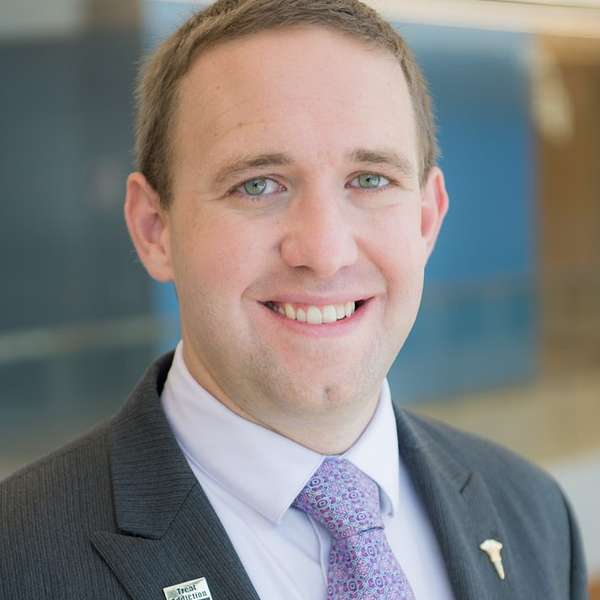
Flourishing After Addiction with Carl Erik Fisher
Addiction psychiatrist and bioethicist Carl Erik Fisher explores addiction and recovery from science to spirituality, from philosophy to politics, and everything in between. He interviews leading experts in areas such as psychology, neurobiology, history, sociology, and more--as well as policy makers, advocates, and people with lived experience.
A core commitment of the show is we need more than medicine to truly understand addiction and recovery. The challenges and mysteries of this field run up against some of the central challenges of human life, like: what makes a life worth living, what are the limits of self control, and how can people and societies change for the better? These are enormous questions, and they need to be approached with humility, but there are also promising ways forward offered by refreshingly unexpected sources.
There are many paths to recovery, and there is tremendous hope for changing the narrative, injecting more nuance into these discussions, and making flourishing in recovery possible for all.
Please check out https://www.carlerikfisher.com to join the newsletter and stay in touch.
Flourishing After Addiction with Carl Erik Fisher
Navigating the Complexities of Addiction Treatment and Recovery, with Dr. Brian Hurley
Use Left/Right to seek, Home/End to jump to start or end. Hold shift to jump forward or backward.
For this episode of Flourishing After Addiction, I wanted a guest who could offer some insights into the journey of seeking help for addiction and recovery. What is going wrong with our systems and services, and where can people actually find care? Brian Hurley is the ideal person to help us with these questions, with his extensive experience as a practicing addiction physician, President of the American Society of Addiction Medicine, and Medical Director for Substance Use Prevention, Treatment and Harm Reduction for Los Angeles County's Department of Public Health.
We talk about Brian’s background in the performing arts in Los Angeles, and how his personal experiences seeing the rise of methamphetamine in the mid-90s inspired him to dedicate his professional life to addiction medicine. We discuss his take on the state of addiction treatment today, and what it’s like for someone suffering with addiction to look for help and support.
Brian speaks about the fragmented nature of addiction care and how that affects us all. We talked a fair bit about the need to distinguish addiction from other kinds of substance use problems (considering, e.g., people who are on milder end of spectrum or who may not identify with idea of addiction), and the concrete effects of those considerations on our systems.
Brian highlights the disparities in treatment access based on insurance and location, and the urgent need for systemic changes. He emphasizes the importance of improving language and understanding around addiction, not only for professionals but also for the public. By discussing the nuances of substance use disorder and addiction, Brian paints a vivid picture of the diverse experiences of people facing these challenges.
Of course, we talk about the current overdose crisis and the urgent need for change. Brian gives some shocking statistics about the low percentage of people receiving specialized care and draws on examples from European models, particularly from Portugal, to illustrate successful strategies. He shares insights from his experiences on a recent trip to Europe, suggesting ways to modernize treatment in the U.S. and remedy the “treatment gap.”
Brian’s approach to addiction medicine is deeply rooted in evolving public policy perspectives. He advocates for a systemic view that requires transformation in leadership, administration, and policy. In this way, he also urges for a more comprehensive and empathetic approach that incorporates recovery.
Whether you are a clinician, person in recovery, or otherwise, you’ll find useful pointers for how to change, and how to participate in change.
Brian Hurley is an addiction physician, President of the American Society of Addiction Medicine, and Medical Director for Substance Use Prevention, Treatment and Harm Reduction for LA County's Department of Public Health. He works on projects that make services for people with addiction more accessible. He lives and works in Los Angeles with his husband and several dogs.
In this episode:
- The American Society of Addiction Medicine
- The treatment gap: only 6% of people with substance use disorders received treatment
- episode 12 with John Kelly
- episode 22 with John Strang
Sign up for my newsletter and immediately receive my own free guide to the many pathways to recovery, as well as regular updates on new interviews, material, and other writings.